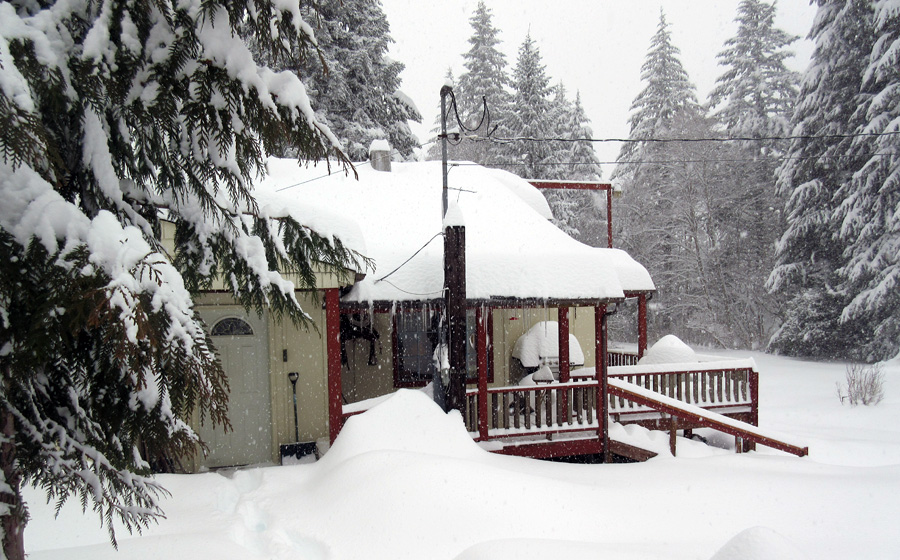The name originates from Greek chion meaning snow and phobia meaning fear, aversion or dread. People with Chionophobia often understand that their fear is unfounded. Regardless of logic, those who suffer are unable to halt its symptoms.
Overview
Chionophobia is not just a dislike of snow or a rational fear of severe weather forecasts. It incorporates an irrational fear of snow that is typically linked to a fear of bodily harm or death. Though phobias can and do manifest themselves differently in different people’s experiences, there are typically two primary fears behind Chionophobia: the fear of becoming snowbound and the fear of being stranded in snow.
Chionophobia Symptoms
Like all phobias, Chionophobia can bring rise to a variety of symptoms, most commonly:
- Paying undue attention to weather reports
- Refusing to leave home during snowy weather
- Experiencing panic attacks.
For people with true Chionophobia, the mere forecast of a winter storm or snowfall can induce the physiological symptoms of fear, anxiety-like cold sweats, panic attacks, and unrealistic feelings of doom.
Coping With Chionophobia
The best methods for coping with the fear of snow depend on the severity and the level of impact that the fear has on one’s life. Sufferers of Chionophobia often find that becoming educated about different types of snow and their effects on local conditions can calm their fears. Others find that gradual exposure to winter activities can be helpful. Living with Chionophobia is difficult. Friends and family are often non-empathetic to the irrationality of its effects. However, for the phobic it is real and serious phobia that interferes with everyday life.
If the associated fear were to become severe or life-limiting, it is wise to seek the guidance of a trained mental health professional. Winter weather is a fact of life. With proper assistance and the right tools, symptoms of Chionophobia can be lessened, thus improving one’s quality of life.
When thoughts of an oncoming storm begin to make one anxious, the progression of the anxiety can be halted through the use of Cranial Electrotherapy Stimulation (CES). CES works by using a light electrical frequency for balancing neuro-chemistry. Some CES users experience relief immediately during the course of treatment, particularly if use has gone on daily for a week or so. CES results are accumulative and lasting.
The effect of CES use differs from pharmaceutical treatments in that users report not only being more relaxed but that their minds seem more alert and clear. Unlike drugs, CES has no negative side effects and it is non-addictive. CES can be used safely as often as you like.
CES Ultra – U.S. Food and Drug Administration (FDA) Regulated and Registered
The CES Ultra is an FDA regulated and registered CES device for the treatment of anxiety and insomnia. Experience the anxiety-reducing benefits of the CES Ultra device when coping with a fear of snow.

Rated 4.8/5 based on 18 user reviews
…just the thoughts of going to sleep had become a great source of daily stress and anxiety for me. So bad was this problem that when it was actually time for me to go to bed… I would lie there wide awake for hours. The CES Ultra gave me my life back, and I feel like a new person again.
– Wayne R.
Citations
- American Meteorological Society – Weathering the Storm – Revisiting Severe-Weather Phobia [PDF]
- Verywell Mind – Understanding Chionophobia or the Fear of Snow
- CES Ultra – CES Applications: Anxiety.

